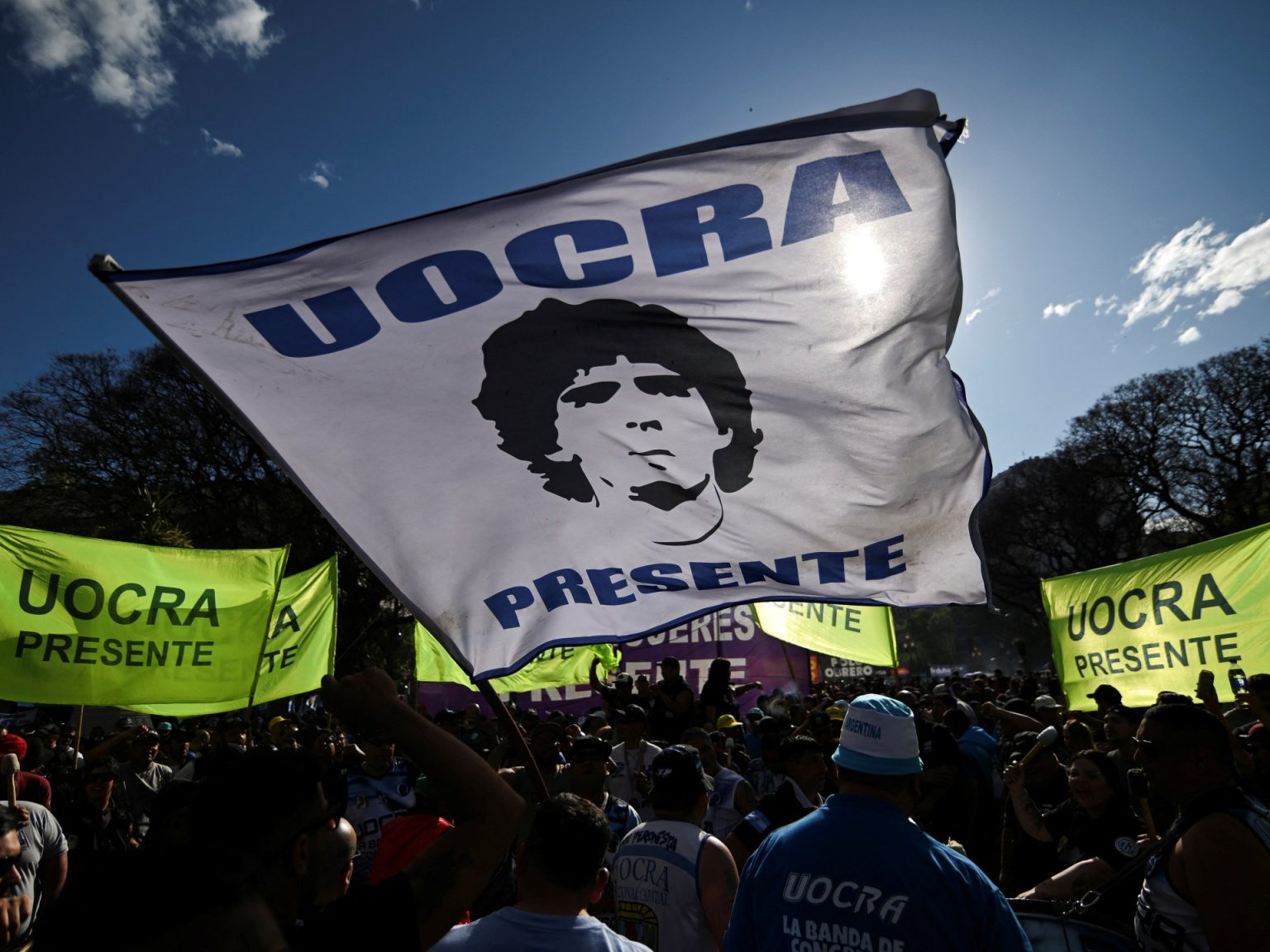President Milei’s decision to veto a law that would guarantee funding for free public universities in Argentina has sparked anger among students and educators. The law, which was approved by Congress, aimed to increase funding for public universities to combat inflation rates as high as 240 percent year-on-year. Milei, an anarcho-capitalist who has been outspoken in his opposition to public spending and the education system, vetoed the law on the grounds that it threatened the country’s fiscal balance. Despite this, Congress still has the option to push through the law with a two-thirds majority.
Following the veto, mass protests erupted across Argentina in support of public universities, which are highly regarded and free to all students. Demonstrators gathered outside Congress in Buenos Aires to demand more investment in education, holding signs with slogans expressing their concerns. Many protesters cited the importance of the free public university system in enabling them to pursue their careers and voiced fears that it was now in jeopardy. Educators, including Guillermo Duran, the dean of sciences at Buenos Aires University, expressed concerns that Milei’s cuts would diminish the quality of education provided by public universities.
The protest marked the second this year in support of public universities, which are facing financial difficulties leading to challenges in paying bills and providing adequate salaries to staff. University officials have accused the government of having a systematic plan to dismantle public education, with Ricardo Gelpi, head of the University of Buenos Aires, denouncing Milei’s austerity policies. Despite a drop in inflation rates, a significant portion of the Argentine population is still experiencing poverty, with more than half of the population falling below the poverty line according to government statistics.
Milei’s tenure in office has been marked by austerity measures aimed at reducing public spending across various sectors, including welfare, public works, and pensions. While these policies have led to a decline in inflation, they have also resulted in increased economic hardship for many Argentinians. The government’s focus on fiscal austerity has drawn criticism from those who believe it is undermining essential public services, such as education. The decision to veto the law supporting public universities has incited further discontent among students and educators, who view it as a threat to the quality and accessibility of higher education in Argentina.
The debate over funding for public universities reflects broader tensions within Argentine society regarding the role of government in providing essential services and the impact of austerity measures on vulnerable populations. The protests and criticisms of Milei’s policies highlight the divide between those who prioritize fiscal responsibility and those who advocate for robust public investment in education and other social programs. As the government continues to navigate economic challenges, the future of public education in Argentina remains uncertain, with stakeholders on both sides of the debate advocating for their respective positions.


